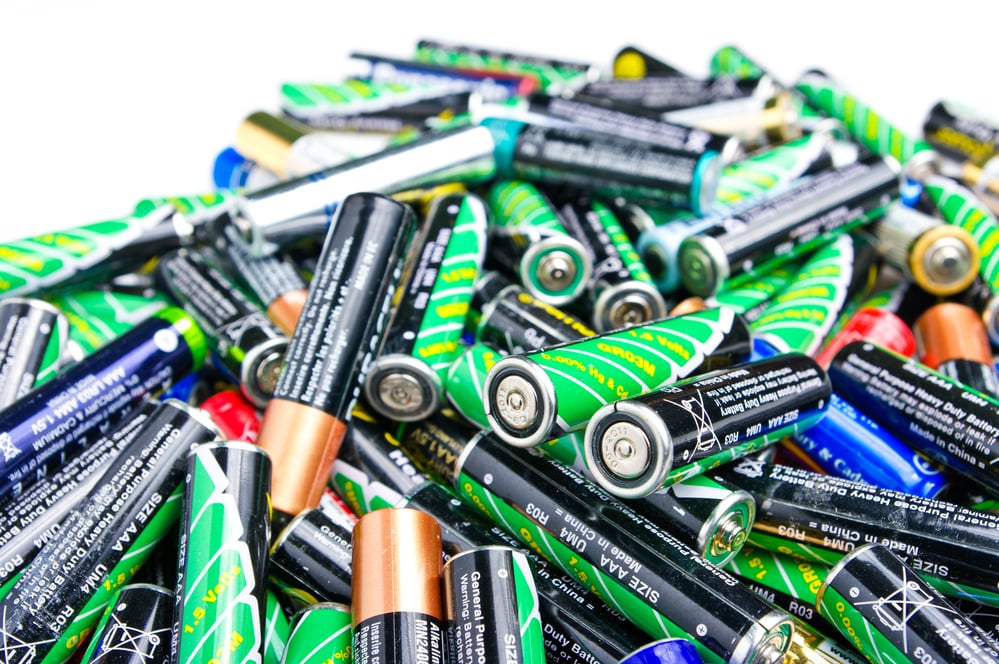Makers of rechargeable batteries have been competing with their alkaline battery counterparts for years. It seems that alkaline batteries, though they are single use products, have a stranglehold that just cannot be broken. Yet there are signs of weakness.
Companies like Pale Blue Earth that make rechargeable lithium ion batteries are starting to make headway. They are working hard toward the goal of eliminating single-use batteries altogether. In order to reach that goal, they have to work within their industry to address the top three reasons people still use alkaline batteries.
1. A Cheaper Price Point
Makers of rechargeable USB batteries can easily demonstrate that their products cost less over time. For example, you might spend $30 on a 4-pack of lithium ion batteries boasting 1,000 charge cycles. A four-pack of alkaline batteries will cost you less than $10.
In the long run, the rechargeable batteries cost less because you can charge them 1,000 times or more. But consumers don’t necessarily think in those terms. They tend to think in the here and now. If they can get for alkaline batteries for $9.99, that’s more attractive than spending $30 on lithium ion rechargeables.
The rechargeable battery industry has to somehow break through the price point confusion. They have to somehow address the notion that alkaline batteries are cheaper. In-store prices might be lower, but alkalines cost more in the end.
2. Longer Shelf Life
Another reason people still use alkaline batteries is their longer shelf life. Unlike many types of rechargeable batteries, alkaline batteries discharge very slowly when not in use. A good alkaline battery can sit on the shelf for five or six years and still do the job when called upon. Rechargeables, not so much.
Although lithium ion batteries have a longer shelf life than other rechargeable technologies, they still discharge when they sit for a long time without being used. Consumers get frustrated when they reach in the drawer for a set of batteries only to discover that they don’t work because they need to be recharged. You don’t have that issue with alkalines most of the time.
3. Near Universal Availability
Price points and shelf life aside, some people still use alkaline batteries simply because they are readily available. Alkaline batteries are nearly universal. You can go into any department store, pharmacy, or supermarket and find multiple brands. You can even buy them at gas stations and gift shops.
Rechargeable batteries are available in more outlets now than in the past, but they aren’t as widely available as alkalines. Good luck finding rechargeables at a gas station or convenience store.
The best rechargeables – lithium ion batteries you can charge with a USB port – are even harder to find. Buying online might be your only option. That’s great if you are someone who plans ahead. But if you need batteries in a crunch, ordering them online isn’t going to help you.
Still Better Batteries
It is true that people continue using alkaline batteries for very legitimate reasons. But in the end, society is gradually coming to the conclusion that rechargeable lithium ion batteries are better batteries. They save money over repeated charges and discharges; they reduce landfill waste; they are lighter than alkaline batteries.
It is not unreasonable to think that lithium-ion batteries will one day replace alkaline batteries completely. The industry is already well on its way to doing so. But between now and then, there are some hurdles to clear. Rechargeable battery makers have to overcome price perception, shorter shelf life, and limited distribution.



